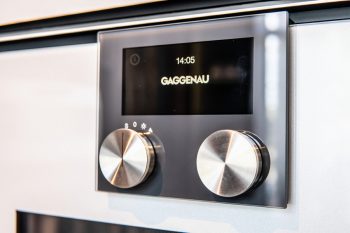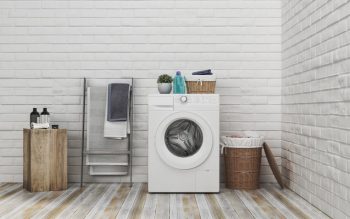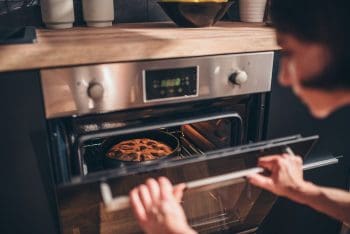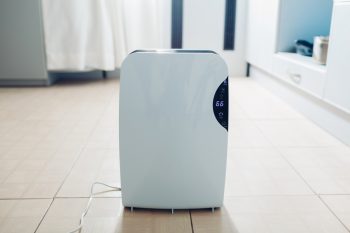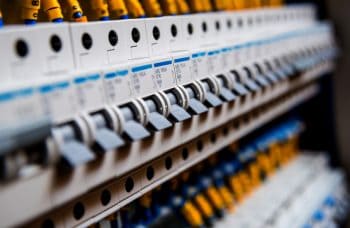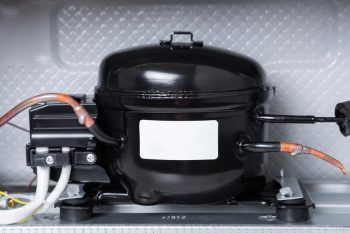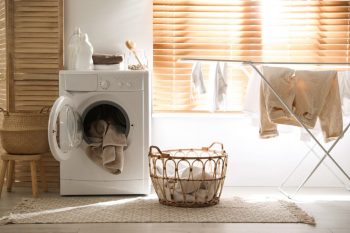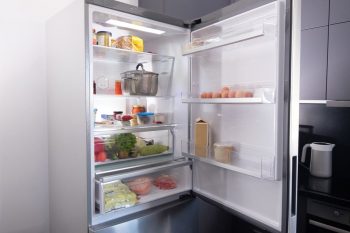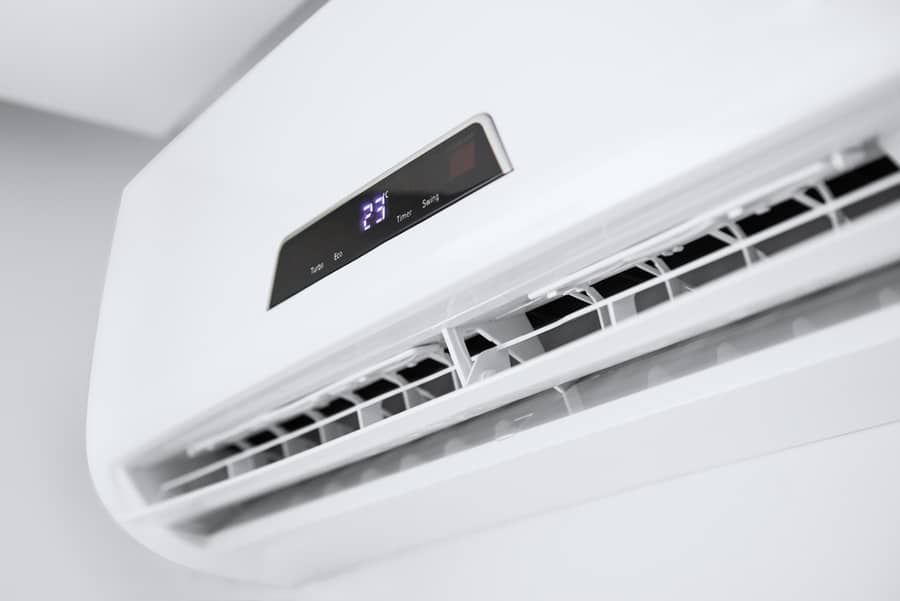
At some point, we all need additional help with our cooling system around the house.
We see that the current heat wave is not so friendly, and we need to make our homes more comfortable.
However, as we went shopping and got air conditioners to help regulate the house’s temperature, we realized we needed to figure out what to do next.
It is crucial to consider the ideal location because even if you pick the best air conditioner, the wrong location reduces your unit’s efficiency.
Are you thinking of installing your new air conditioner soon? It’s okay to be confused. But selecting the right location is pretty easy.
Try to look for a part of the house without obstruction, keep the unit away from heat sources, and judiciously check the layout of your furniture before installation.
This article will discuss what to look out for, why you should watch out for them, where to put your air conditioning sets, and how to get the best experience with a new air conditioner.
6 Great Locations To Install an Air Conditioner
Here’re tips on selecting the best location for your air conditioner:
1. Closeness to a Power Source
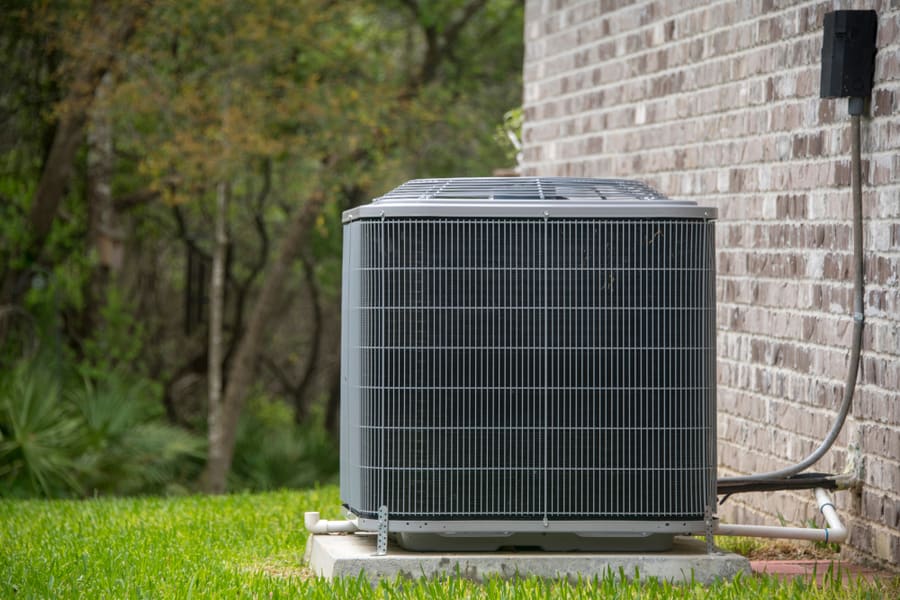
When deciding the position of your air conditioner, you need to consider the power source significantly because it is an electrical device, and the use of extensions is not a welcomed idea.
2. No Obstacles in front of the Air Conditioner
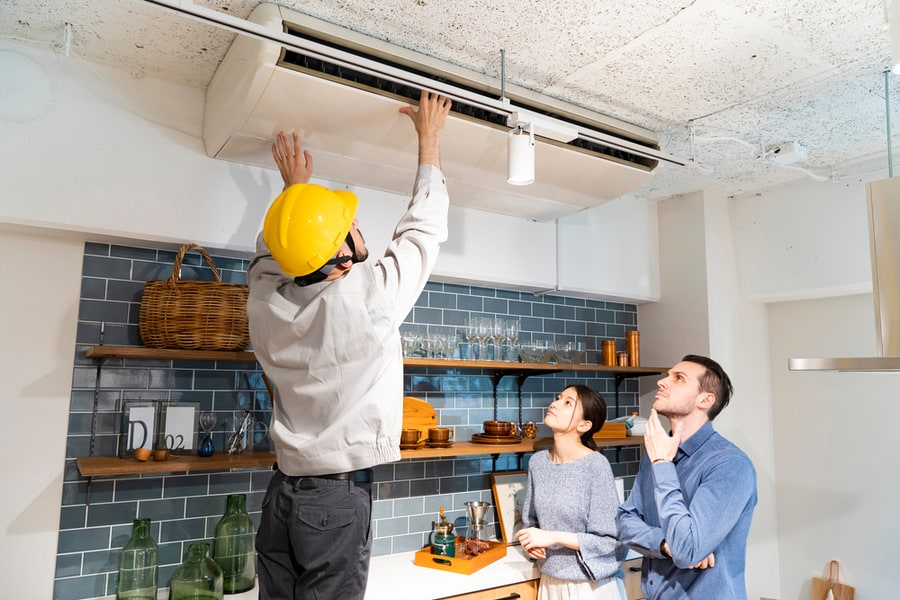
After you pick a location close to a power source, you also need to ensure it is not a congested area and has no obstruction.
Not considering this will affect the efficiency of your air conditioner, and it won’t serve its purpose effectively.
Do not mount your unit behind a wall or any furniture because it will lead to airflow interruption.
More so, your AC can start to overwork leading to an increase in your electricity bill, and it can reduce the lifespan of the AC.
3. Keep It Away From Electrical Appliances
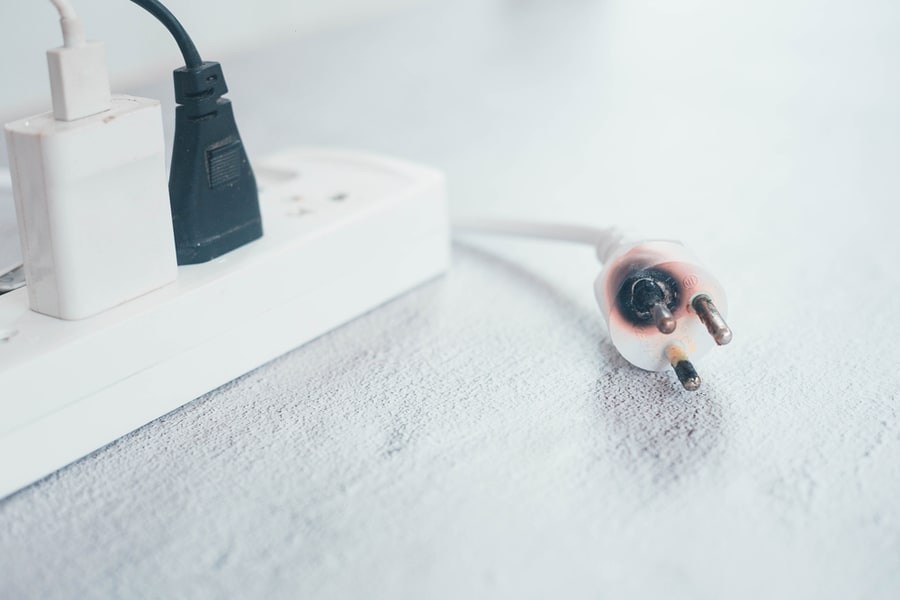
One of the many reasons you must choose a separate power source for your air conditioner is to ensure it is not around other electrical appliances.
These other appliances produce heat, and your air conditioner sensors will automatically detect the temperature of the room based on the heat emitted by these appliances, which will trigger an increase in workload energy consumption.
In some cases, water leakage caused by faulty installation could also find its way into appliances around the unit and damage them.
Water is never a good idea around electrical appliances.
4. Keep It Away From Pets
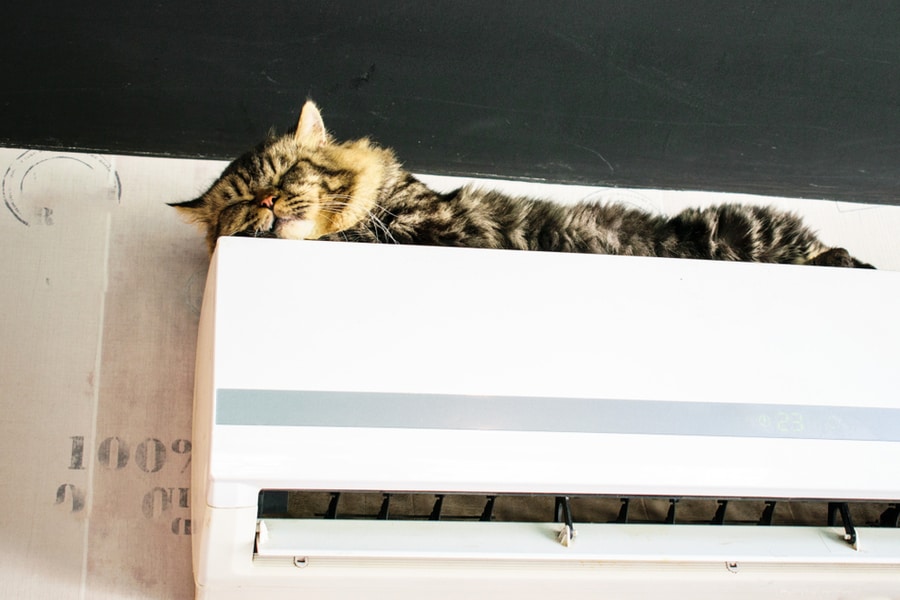
Pets are curious, and pets like dogs are likelier to urinate on tall standing objects like stand-alone air conditioner units.
Their urine can damage the fins of the air conditioner coil resulting in unexpected maintenance costs.
So if you have pets, restrict their air conditioner access.
5. Shaded Location
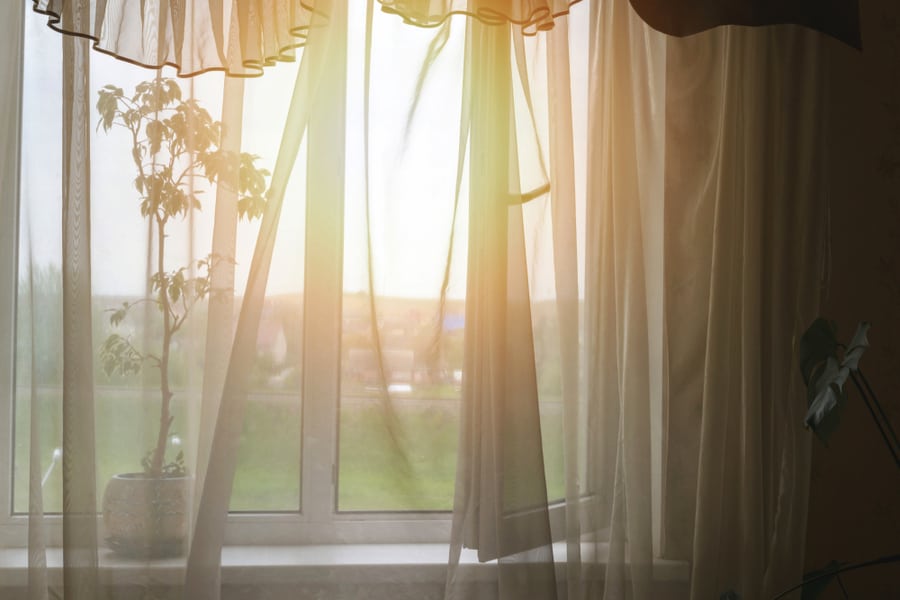
It is equally important to keep the air conditioners in shadowy corners around your house to prevent direct sunlight from reaching the air conditioner and causing heat.
Overworking affects the air conditioner’s performance and service life.
For outdoor air conditioning units, avoid having anything that can absorb heat, like concrete or iron, around it.
Watch out for trees, too, because though they are cooling systems, the shedding leaves can later result in clogging, thereby requiring clogging cleaning maintenance.
As long as it is a shaded spot, grasses are fine around it. Also, make it accessible to carry out regular maintenance.
6. Installation Height
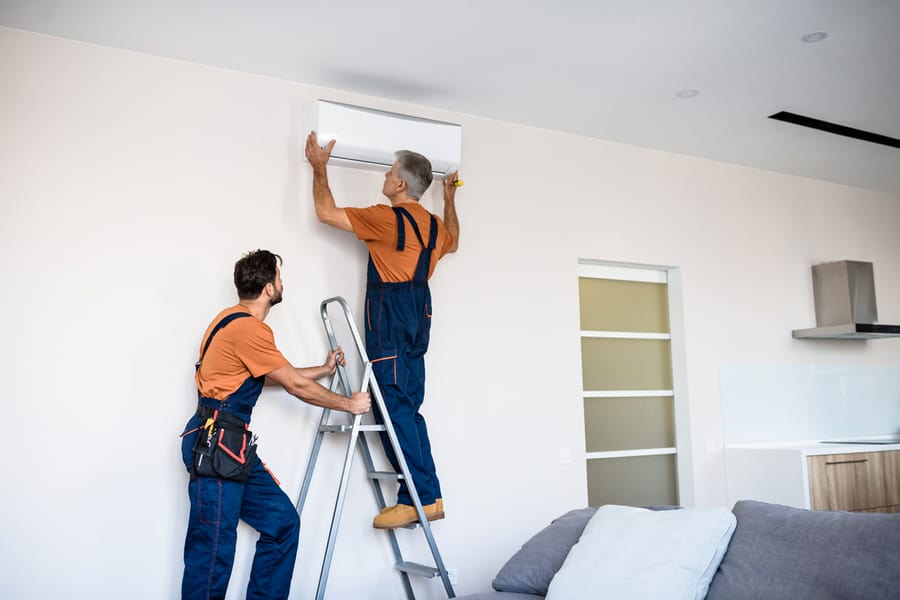
The height of indoor installations (wall mounted) is crucial because cold air is dense.
This means the air from the indoor unit will naturally flow down to the bottom of the room.
With a height of 5 to 7 feet above the ground of your room, you can get enough cold air circulation around your room and have easy access to maintenance and cleaning of air filters when needed.
Takeaway
Following these simple steps and guidelines can help you to:
- Set up your air conditioner with little or no hassles.
- Help you avoid some overlooked mistakes and maintenance problems.
- Ensure you have the best experience using your new air conditioner.
In the case of further problems or electrical issues, seek the assistance of a professional.

